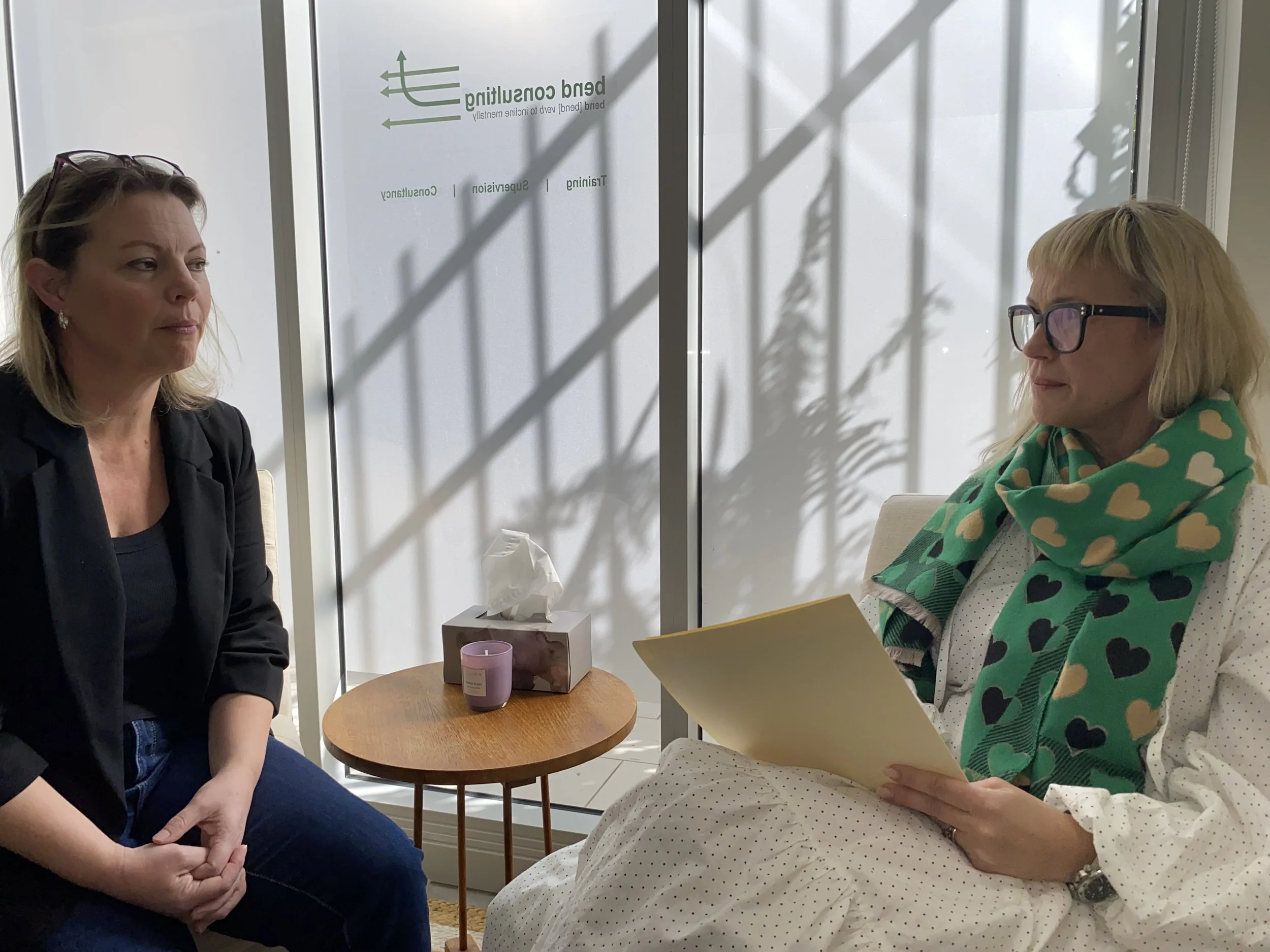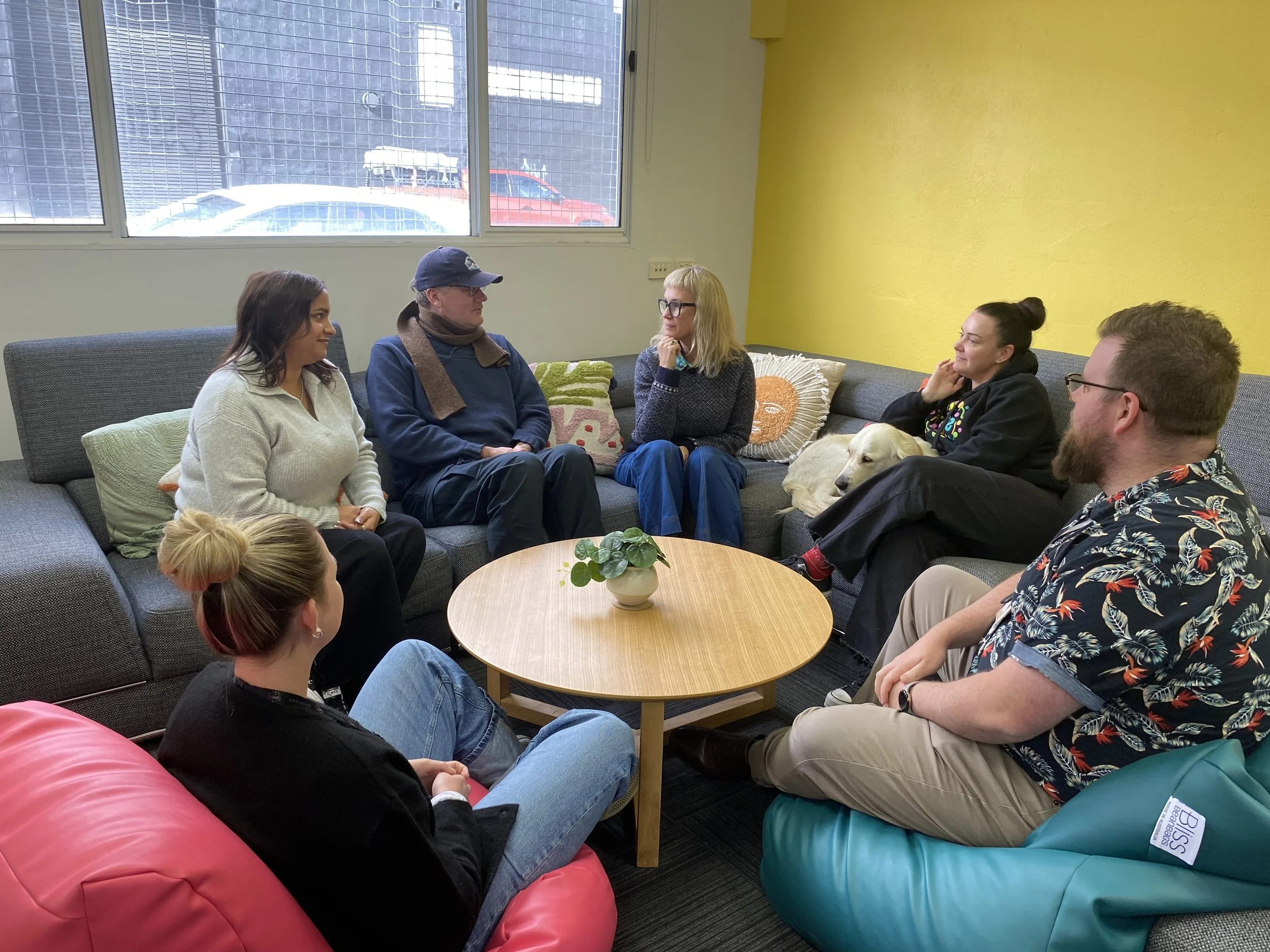Reflective Practice & Supervision
Reflective spaces are vital to sustaining effective trauma work. Without room to process its emotional impact, we risk burnout, desensitization, and vicarious trauma. As a natural defence, practitioners may unconsciously shut down or disconnect—making reflective practice essential for maintaining wellbeing, insight, and clinical effectiveness.
This is also true for leaders working in trauma-exposed environments. Without intentional time to process the impact of the work, leaders are at risk of burnout, reactivity, and diminished capacity to support their teams. Trauma can trigger unconscious defences that shape decision-making and culture, therefore making reflective practice a critical tool for self-awareness, resilience, and effective leadership.
From strategy to culture—trauma-aware consulting tailored to your organisation.
From strategy to culture—trauma-aware consulting tailored to your organisation.
Individual Reflective Practice
Supervision That Sustains Your Practice
No matter your level of experience, individual supervision offers a vital space to reflect, recharge, and realign. Working with complex trauma means holding space for others—supervision helps you understand what you're carrying, what belongs to the work, and what doesn’t.
Grounded in a psychodynamic approach, our supervision explores the unconscious dynamics that shape practice—supporting clarity, growth, and emotional sustainability for practitioners, leaders, and supervisors alike.
Group Reflective Practice
Group Supervision That Builds Stronger Teams
Group supervision is a powerful, cost-effective way to strengthen insight, connection, and emotional intelligence across your team. While individual supervision isn’t always practical at scale, group reflective practice offers a shared space to process the impact of trauma work.
Using a psychodynamic approach, we help teams explore what's happening beneath the surface—making sense of collective experiences, reducing vicarious trauma, and building a more cohesive, resilient workforce.




